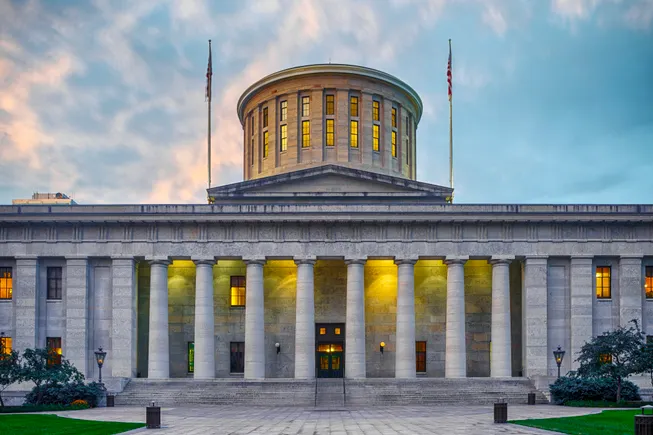
Thursday 10 July 2025 6:30 pm
| Updated:
Thursday 10 July 2025 11:31 pm

The introduction of a wealth tax on Brits would yield less revenue for the government and drive investors overseas, bosses across London have warned.
Keir Starmer this week refused to answer questions on whether the government was considering a wealth tax, which was mooted by former Labour Party leader Neil Kinnock last weekend.
But business chiefs across the capital city have called on the government to end speculation by confirming no wealth taxes would be implemented.
At a summer reception attended by Mayor Sadiq Khan on Thursday night, BusinessLDN chief executive John Dickie said the Labour government should bin the idea to stop rumours from swirling.
“The British government needs to avoid own goals,” Dickie told policymakers.
“We saw a lot of damaging speculation ahead of last year’s Budget, which risks being repeated now, with reports that ministers are considering introducing a wealth tax in the autumn.
“There is plenty of evidence from across the OECD that such taxes underdeliver in terms of revenues and overdeliver in terms of damaging confidence and driving people overseas.
“The government should quickly consign this idea to the scrap heap.”
Kinnock suggested a wealth tax could raise as much as £24bn, plugging the hole City analysts predict will be left in public finances by the Autumn Budget.
But leading economists have warned that the government could lose revenue from its introduction given similar schemes in France and Spain have led to lower growth and the mass departure of millionaires.
Wealth taxes would make UK ‘less attractive’
The Institute for Fiscal Studies have pointed to the possible administrative costs of introducing a wealth tax of two per cent on assets worth more than £10m while the Institute of Economic Affairs said entrepreneurs would be discouraged from starting businesses in the UK.
Among the biggest advocates of a wealth tax is the left-leaning think tank Tax Justice UK, which have highlighted a YouGov poll showing 75 per cent of Brits favoured the policy.
Some economists have questioned metrics used by the government’s fiscal watchdog to measure the impact of policies on tax receipts.
The Centre for Economics and Business Research (CEBR) said the government would begin to lose revenue if a quarter of former non doms left the UK as a result of harsher tax policies, putting Office for Budget Responsibility (OBR) figures suggesting receipts would grow under question.
Wealth consultancy Henley & Partners have predicted that the UK would lose 16,500 millionaires as a result of changes to the non dom tax regime, more than double levels experienced by China.
Speaking on the introduction of a wealth tax, IFS economist Stuart Adam said: “Trying to raise large amounts of revenue from only the very wealthy would make the UK a less attractive place for those people to live.”








